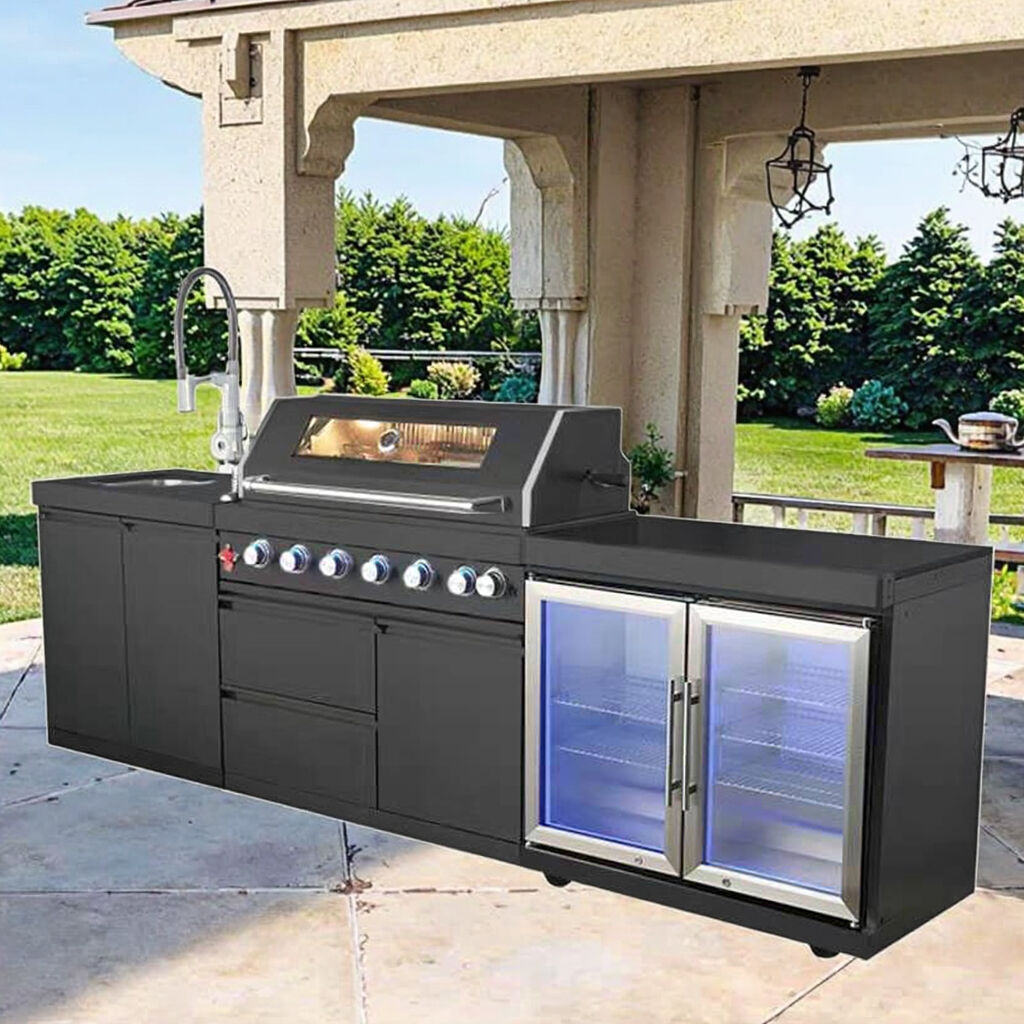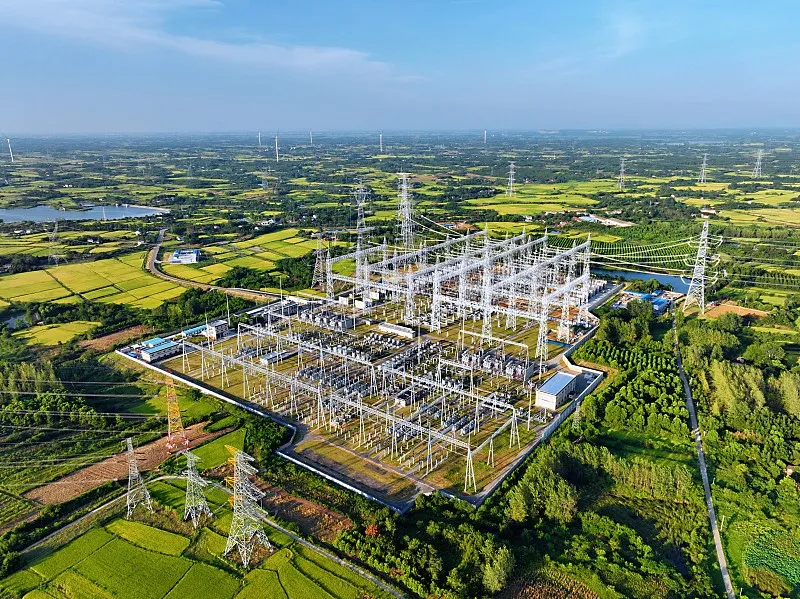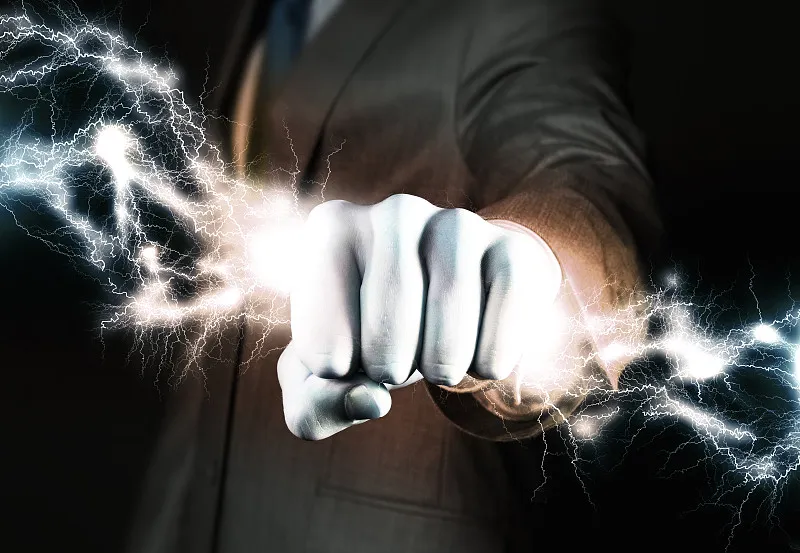Is a Charcoal or Gas BBQ Grill Better for Flavor?
Understanding Modern BBQ Grills and Their Unique Cooking Capabilities
The art of grilling has evolved significantly over the years, with BBQ grills becoming increasingly sophisticated and versatile. Whether you're a weekend warrior who loves hosting backyard cookouts or an aspiring pitmaster seeking to perfect your craft, choosing the right grill can make all the difference in your outdoor cooking experience. Today's BBQ grills offer an impressive array of features, cooking methods, and fuel options that cater to various grilling styles and preferences.
The modern grilling landscape presents an exciting yet sometimes overwhelming variety of options. From traditional charcoal setups to high-tech gas models and innovative pellet grills, each type brings its own distinct advantages to outdoor cooking. Understanding these differences is crucial for making an informed decision that aligns with your cooking style, space requirements, and culinary ambitions.
Charcoal BBQ Grills: The Traditional Favorite
Classic Kettle Grills
The iconic kettle-style charcoal grill remains a beloved choice among grilling purists. These BBQ grills feature a simple yet effective design with a round cooking chamber, adjustable vents for temperature control, and a removable ash catcher. Their popularity stems from their ability to achieve high temperatures perfect for searing steaks while also maintaining lower temperatures for slow-cooking larger cuts of meat.
What makes kettle grills particularly appealing is their portability and durability. The basic design has remained largely unchanged for decades because it works so effectively. These grills excel at creating that authentic smoky flavor that many consider essential to proper barbecue, and their relatively modest size makes them ideal for smaller patios or decks.
Ceramic Kamado Grills
Kamado-style BBQ grills represent the premium end of charcoal grilling. These thick-walled ceramic grills trace their origins to ancient Asian cooking methods but have been modernized for contemporary outdoor cooking. Their excellent heat retention and precise temperature control make them incredibly versatile, capable of everything from high-heat searing to low-and-slow smoking.
The ceramic construction maintains consistent temperatures while using less fuel than traditional charcoal grills. Many enthusiasts appreciate how these grills can maintain temperatures as low as 225°F for smoking or soar above 700°F for perfect pizza cooking. The sealed design also helps food retain moisture, resulting in exceptionally juicy meats.

Gas BBQ Grills: Convenience Meets Performance
Propane Grills
Propane BBQ grills dominate the market due to their convenience and user-friendly nature. These grills offer instant ignition, precise temperature control, and minimal cleanup requirements. Modern propane grills often feature multiple burners, allowing for different temperature zones and indirect cooking methods. This versatility makes them excellent for handling various cooking tasks simultaneously.
Advanced propane models come equipped with side burners, rotisserie attachments, and infrared heating elements. These features expand cooking possibilities beyond basic grilling, enabling users to prepare entire meals outdoors. The ability to maintain steady temperatures makes these grills particularly suitable for those new to outdoor cooking.
Natural Gas Grills
Natural gas BBQ grills share many features with their propane counterparts but offer the advantage of never running out of fuel. These grills connect directly to your home's natural gas line, providing a constant fuel supply and potentially lower operating costs over time. While the initial installation requires professional setup, the long-term convenience often justifies the investment.
The consistent fuel supply makes these grills ideal for frequent grillers and entertainers who don't want to worry about replacing propane tanks. Many models feature sophisticated temperature monitoring systems and multiple cooking zones, allowing for precise heat control across the entire cooking surface.
Pellet BBQ Grills: Technology Meets Tradition
Digital Controller Systems
Pellet BBQ grills represent the cutting edge of outdoor cooking technology. These grills use wood pellets as fuel, automatically feeding them into a firebox where they're ignited to produce both heat and smoke. The digital controller maintains precise temperatures by adjusting the pellet feed rate, effectively combining the convenience of gas grilling with the flavor of wood smoking.
Modern pellet grills often feature WiFi connectivity, allowing users to monitor and adjust cooking temperatures remotely through smartphone apps. This technology makes it easier than ever to maintain consistent temperatures during long smoking sessions, even while attending to other tasks.
Flavor Enhancement Capabilities
One of the most significant advantages of pellet BBQ grills is their ability to impart various wood-smoke flavors to food. Different pellet varieties, from hickory to apple to mesquite, allow grillers to experiment with different flavor profiles. The indirect heating method used in pellet grills also helps prevent flare-ups and ensures even cooking temperatures across the entire grilling surface.
These grills excel at both low-and-slow cooking and higher temperature grilling, though they typically don't reach the extreme high temperatures of charcoal or gas grills. The consistent temperature control and smoke production make them particularly well-suited for longer cooking sessions and smoking larger cuts of meat.
Electric BBQ Grills: Urban Grilling Solution
Compact Design Benefits
Electric BBQ grills have evolved significantly, offering a viable solution for urban dwellers or those with strict housing regulations. These grills require only an electrical outlet to operate, making them ideal for apartment balconies or areas where gas or charcoal grills are prohibited. Modern electric grills feature improved heating elements that can achieve higher temperatures than their predecessors.
The compact design of electric grills makes them perfect for small spaces, and many models include stands that provide stability while cooking. Despite their size, these grills often incorporate features like temperature controls, drip pans, and non-stick surfaces that make grilling convenient and cleanup easy.
Indoor-Outdoor Versatility
One unique advantage of electric BBQ grills is their potential for both indoor and outdoor use, depending on the model. This versatility makes them particularly valuable in regions with unpredictable weather or during off-season grilling. While they may not provide the same smoky flavor as traditional grills, many models include features that help replicate the grilling experience, such as smoke boxes or flavor bars.
Advanced electric grills often incorporate infrared technology or ceramic heating elements that provide more even heat distribution and better searing capabilities. These improvements have helped electric grills become more than just a compromise for those unable to use traditional BBQ grills.
Frequently Asked Questions
How do I choose the right size BBQ grill for my needs?
Consider how many people you typically cook for and the available space in your outdoor area. A general rule is to allow 72 square inches of cooking surface per person. For a family of four, look for a grill with at least 300 square inches of primary cooking space. Don't forget to account for additional space needed for safety clearances around the grill.
Which type of BBQ grill is most cost-effective in the long run?
While initial costs vary significantly among grill types, natural gas grills often prove most economical over time due to lower fuel costs. Charcoal grills have lower upfront costs but higher ongoing fuel expenses. Pellet grills typically fall in the middle range for operating costs, while electric grills' cost-effectiveness depends largely on local electricity rates.
How long should different types of BBQ grills last with proper maintenance?
With proper care and maintenance, high-quality gas and charcoal grills can last 10-15 years, while ceramic kamado grills can last decades. Pellet grills typically last 6-10 years due to their electronic components, and electric grills usually last 5-8 years. Regular cleaning, covering when not in use, and addressing rust or damage promptly can significantly extend any grill's lifespan.
What maintenance do different BBQ grills require?
All grills need regular cleaning of cooking grates and removal of grease buildup. Gas grills require periodic checking of fuel lines and burners for clogs or damage. Charcoal grills need ash removal after each use. Pellet grills require cleaning of the fire pot and auger system, while electric grills need inspection of heating elements and electrical connections.







